The Lord of the Rings Roleplaying adapts the lands of Middle-earth to Dungeons & Dragons 5E rules, but it adds some unique twists of its own, most notably in how it lays out adventures. These rules add new phases to exploration and downtime, which D&D groups might want to incorporate into their next campaign, as they offer more opportunities for roleplaying and fleshing out the events between the dungeons and the towns.
Related: Session Zero in D&D Explained
DnD Has No Set Structure Outside Of The Adventure

DnD 5E campaigns tend not to last for very long, both in terms of the adventure and real-life events. As such, most of the rules in the game are tied to things that happen daily for adventurers, such as combat, spellcasting, healing, and shopping. This isn’t a bad thing by any means, as every campaign is different, and many of them move at the speed of the plot, so the structure isn’t needed for stuff happening outside the adventure’s boundaries.
It’s up to the DM and the players to determine the matters of importance that require roleplaying. Some groups might go shopping and just select items off a list. In contrast, others will want to act out the whole thing, forcing the DM into shopkeeper mode as they attempt to haggle down the prices and fall back on Charisma (Persuasion) checks when flirting and funny accents can’t win the day.
Lord Of The Rings Roleplaying Breaks Things Down Into Phases
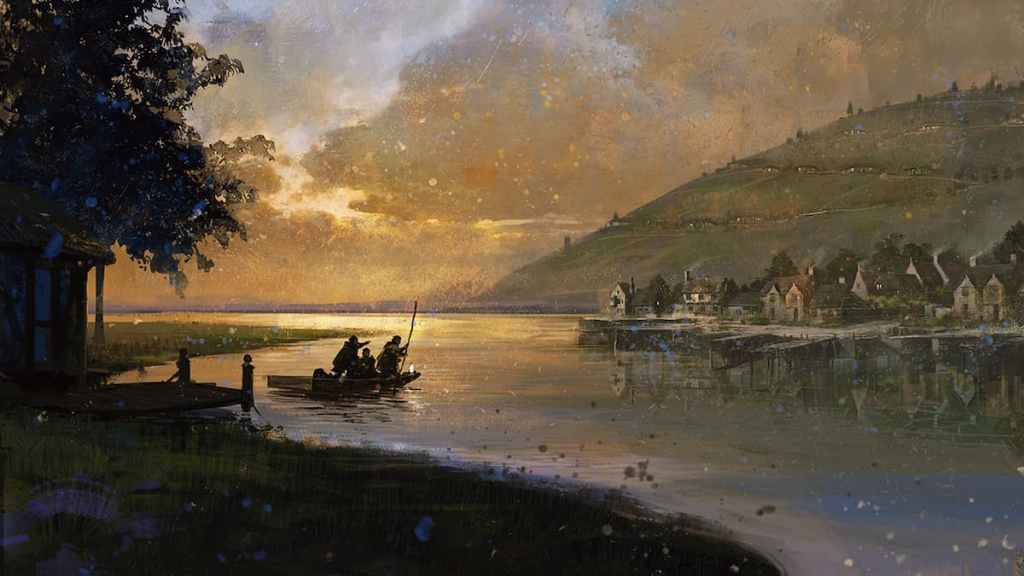
The campaign is much more structured in The Lord of the Rings Roleplaying, with everything broken into phases: Adventuring and Fellowship phase. The Adventuring phase encompasses Heroic Ventures (the combat and exploration parts of D&D), Council (the social encounters where players interact with those in positions of power), and Journey (the mechanics involved with traveling between locations.)
Heroic Ventures are well-known to D&D groups, encompassing most of the game’s dungeon-crawling aspects. The Council is more interesting, as there is a structure in place for dealing with authority figures, as players have to lay out a formal introduction and roleplay the encounter as much as possible. They have to pass several ability checks equal to the severity of their request, with a DC based on the NPC’s level of friendliness to the party.
The Journey phase involves the players planning the route to their destination and setting specific roles for each character: Guide, Hunter, Look-out, and Scout. The players in those roles will have to make ability checks along the way, depending on what the Loremaster/DM has in mind for them. These events can be positive or negative, such as getting trapped in a storm, meeting a friendly merchant on the road, or experiencing the magic of Middle-earth as it exists in The Lord of the Rings Roleplaying.
The Fellowship phase encompasses the player’s downtime between adventures, with the group able to rest and recover for weeks, months, or even years. Resting in such a manner allows them to fight off the effects of the Shadow and heal any lingering wounds. Players can also begin Undertakings to define further what they’re doing with their free time, giving them bonuses when the adventure resumes. These include gathering rumors, identifying magic items, or raising an heir.
How To Use Adventuring & Fellowship Phases In D&D 5E
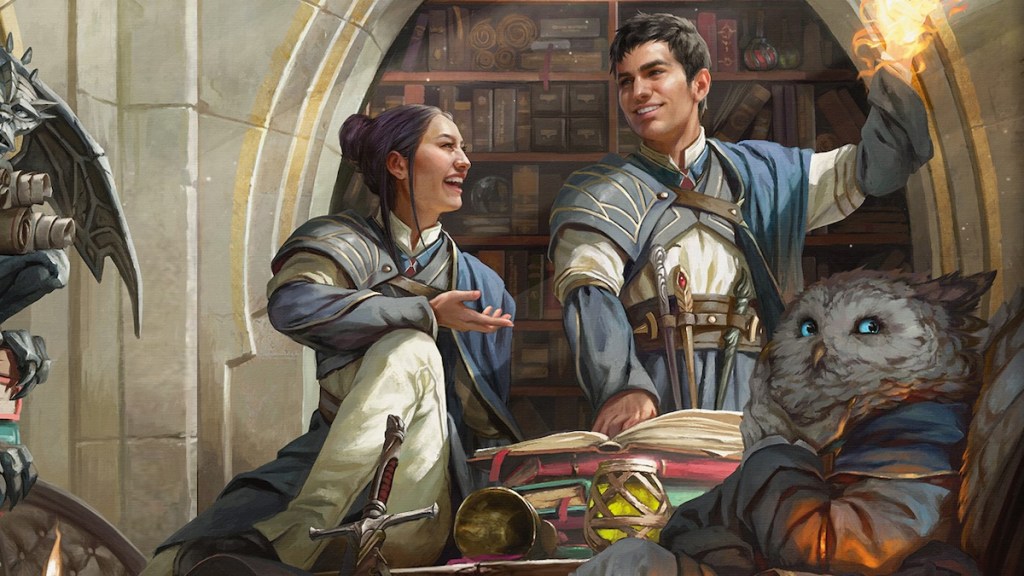
The Adventuring and Fellowship phase structure in The Lord of the Rings Roleplaying can make for a great addition to any D&D campaign, but especially ones where the player has a patron they must answer to or one that involves a lot of traveling between different cities. Giving the players options for how they spend their time is a great way to bring a new group out of its shell and encourage them to interact with NPCs and each other in a way they’ll instantly understand as their group goes to their boss and asks for a favor, or must discuss how they’re going to get to their next destination.
The Journey phase is also great for sandbox campaigns, where the exploration aspect of D&D is more important, and they must carefully consider their next move, as they’re in unfriendly lands. The mixture of the structure of assigning roles with the randomness of mishaps is something that can be appealing for campaigns like Curse of Strahd or Tomb of Annihilation, where traveling is dangerous, and enemies lurk in every shadow.
Related: How One D&D Has Changed The Fighter Class
The level of structure involved in The Lord of the Rings Roleplaying’s different phases won’t be to everyone’s tastes, and some looser DMs might prefer to keep the current system. Those looking to help fill out the gaps between adventures in their D&D campaigns could benefit greatly from the Adventuring and Fellowship phases, especially if they have an idea for an epic campaign that takes place over a long period.

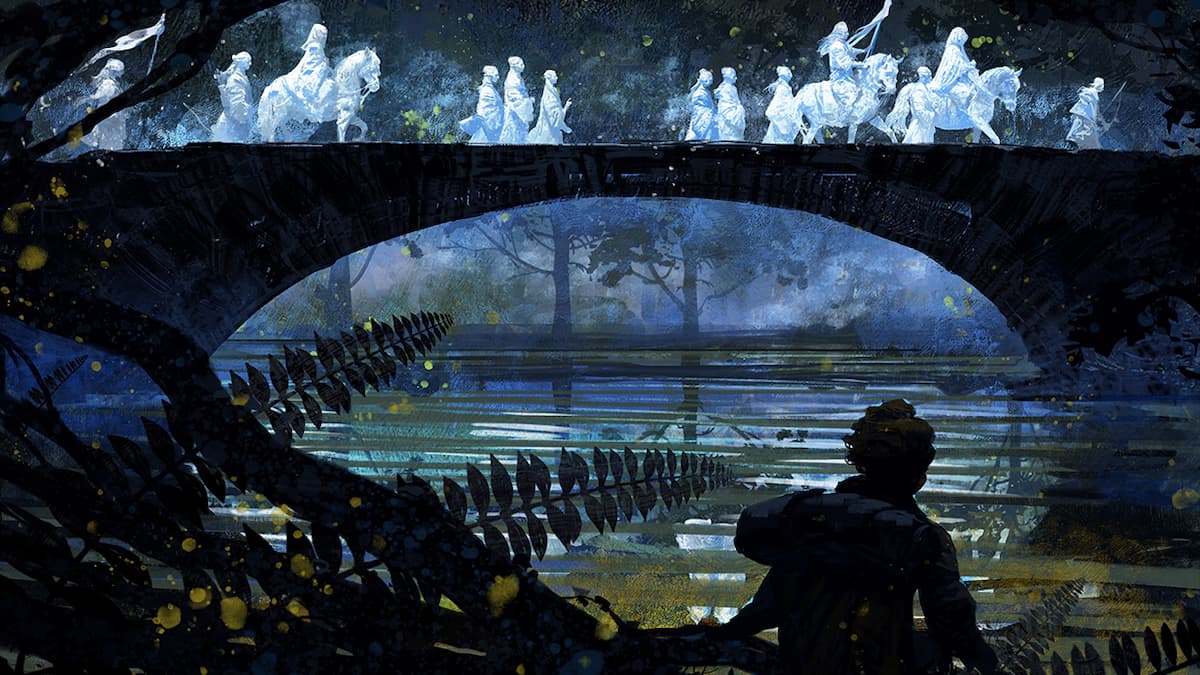

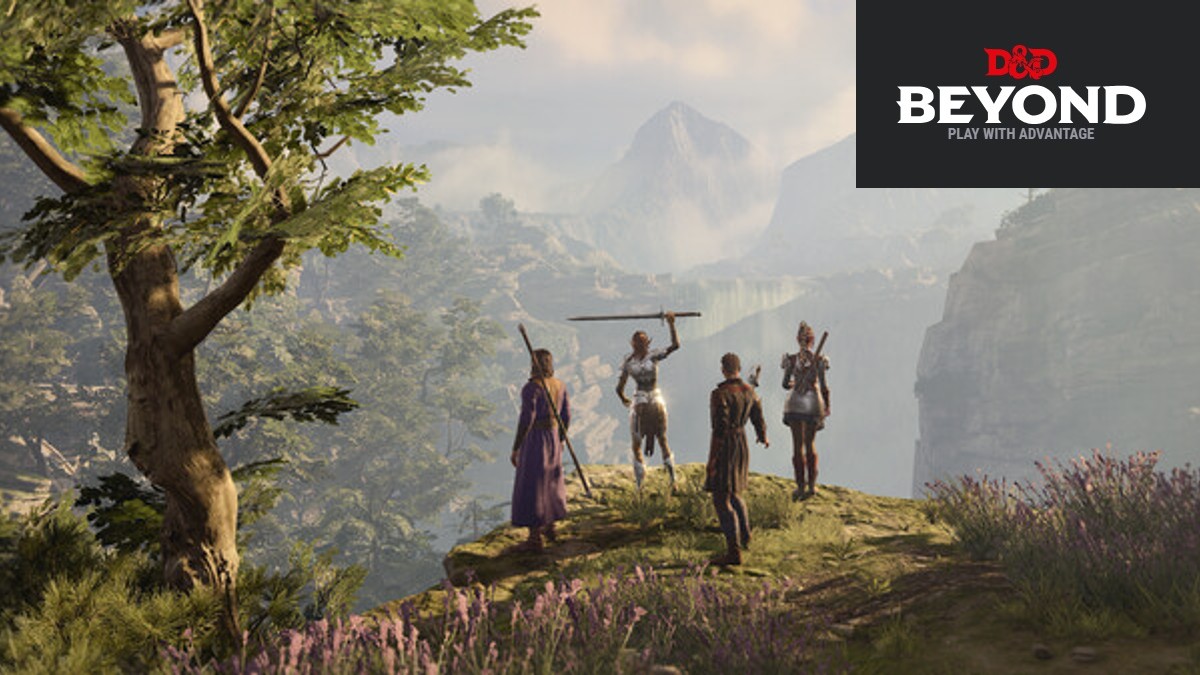
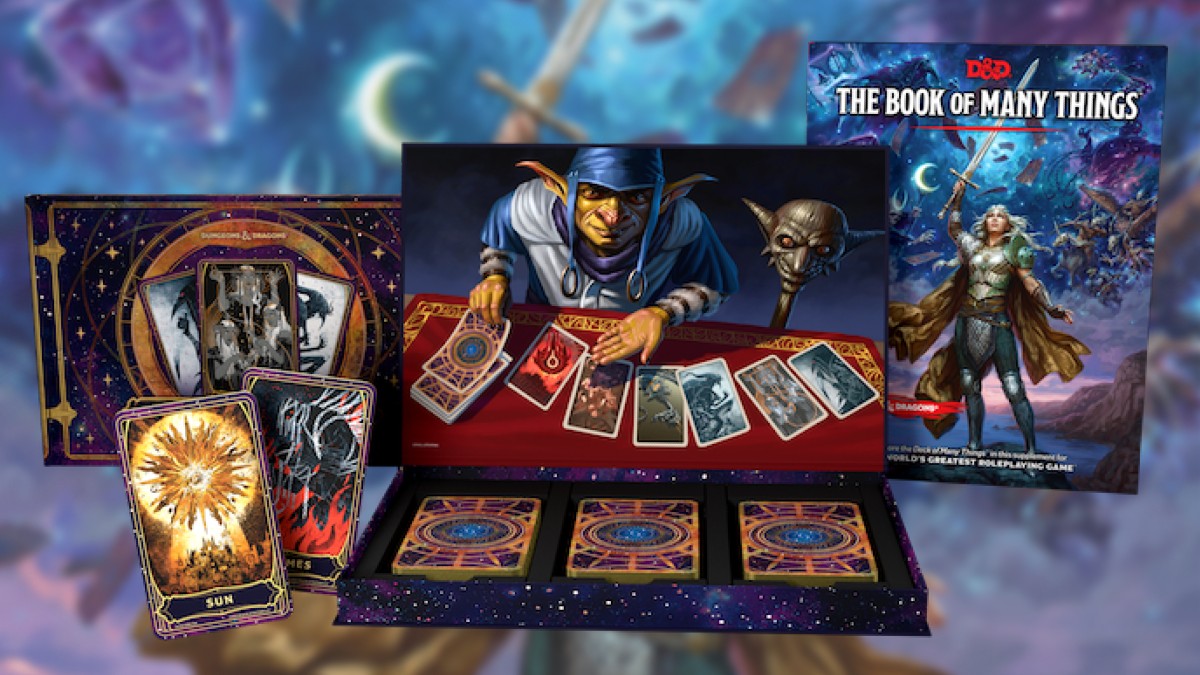
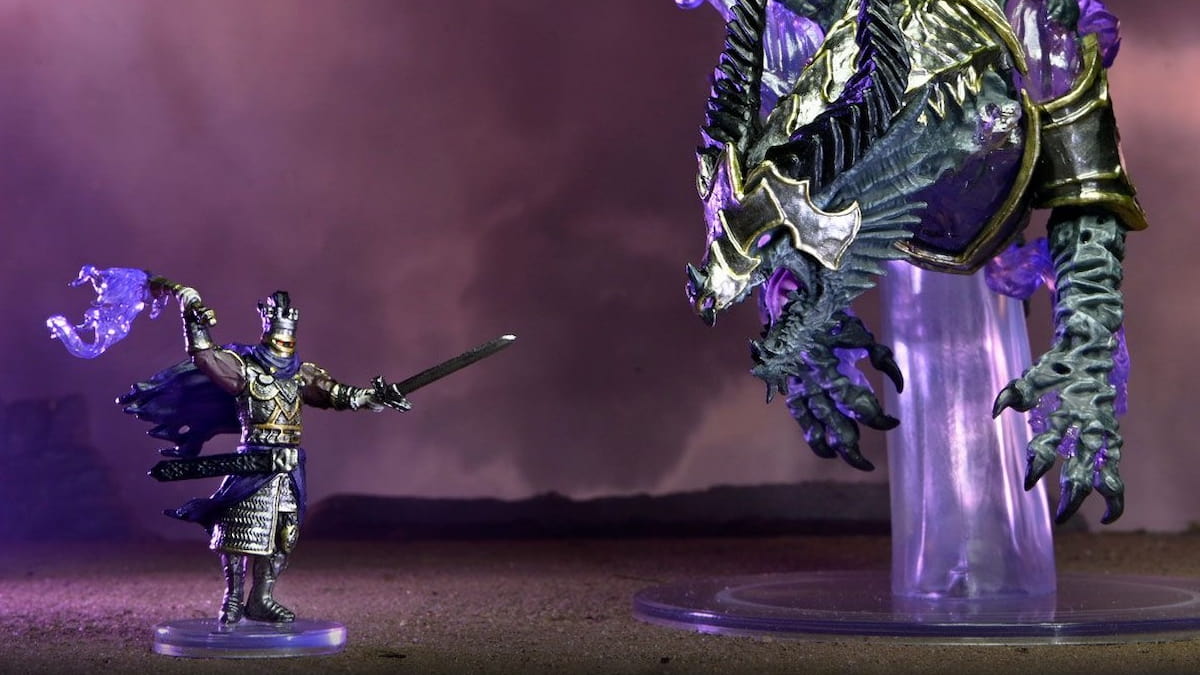
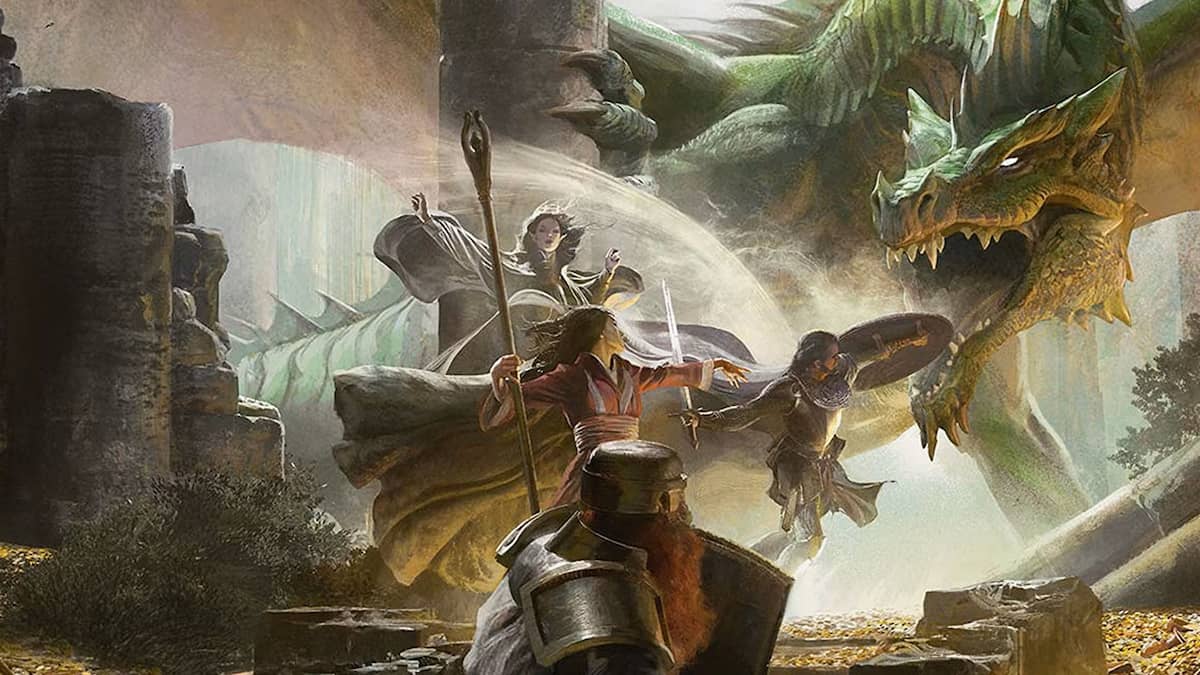
Published: May 25, 2023 12:18 am